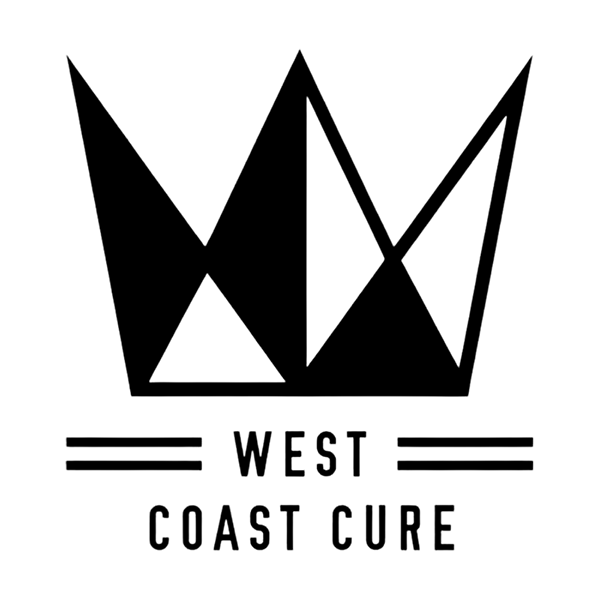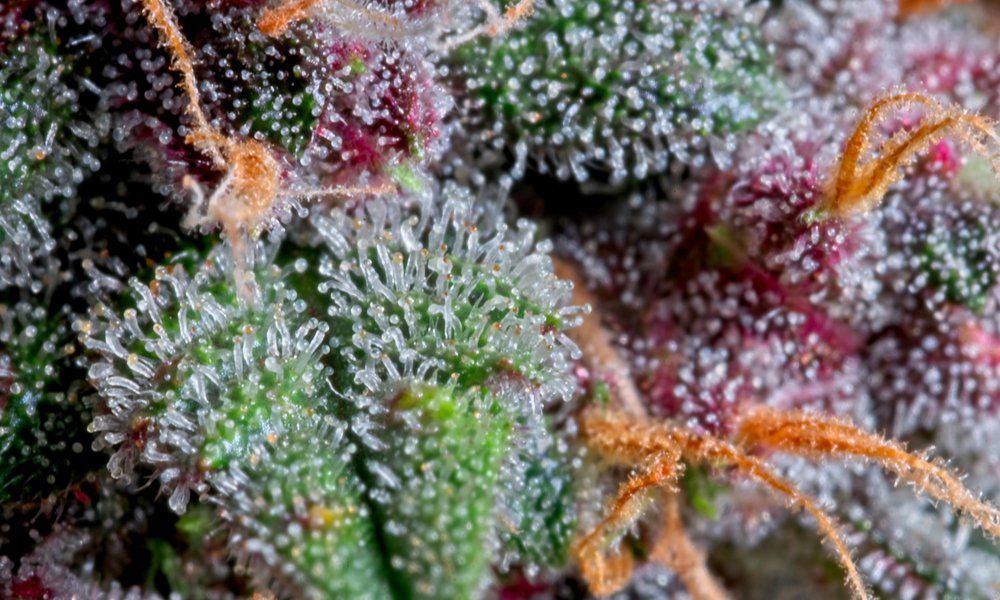What Does THC Do To The Brain?
Have you ever smoked some bud and felt creative or even paranoid? If you have, then you’ve experienced a head high from the chemical compound THC (tetrahydrocannabinol) found in the cannabis plant.
The loosening of cannabis laws all over the country has caused a surge in cannabis research. Currently, medical cannabis has been legalized in 36 states causing researchers and cannabis users alike to ask the question, “what does THC do to the brain.”
What is THC?
THC is a cannabinoid found in the trichomes of the cannabis plant. Delta-9 THC is the most famous form of THC and is responsible for creating an intoxicating high. It is highly regulated and classified as a Schedule 1 drug by the federal government.
Delta-8 THC is found in hemp plants, a type of cannabis plant, and can cause a mild high. At the moment, it is not highly regulated, but many states have started banning it.

What is the Endocannabinoid System?
The endocannabinoid system (ECS) is the part of the body that helps maintain internal homeostasis. The ECS was discovered in the early 1990s, and little is known about it. Currently, studies suggest the ECS helps regulate many functions, including:
- Sleep
- Energy
- Appetite
- Metabolism
- Moods
- Reproduction
The ECS is made up of two endocannabinoids and two endocannabinoid receptors. They are produced in the body and are similar to cannabinoids. Endocannabinoid receptors (CB1 and CB2) are found throughout the nervous system and can bind with cannabinoids.
The CB1 receptors are primarily located throughout the central nervous system and are highly concentrated in the brain. The CB2 receptor can be found in immune cells found throughout the peripheral nervous system.
What Does THC Do to the Brain?
THC cannabinoids are unique because they are able to bind with both of the ECS receptors to create a “high.” When THC binds with the ECS receptors, it can cause a variety of effects, including:
- Happy feeling
- Uplifting feeling
- Creativity
- Increased energy
- Hallucinations
- Decreased motor functions
- Paranoia
- Anxiety
- Memory Loss
When THC binds with the ECS receptors, they can throw your system out of balance and result in an overwhelming, intoxicating high. An overwhelming high happens when you’ve consumed too much cannabis.
Highs typically subside within a few hours, depending on your tolerance and body chemistry. However, the short-term side effects can last up to 24 hours.
Effects of THC On Brain Cells
Current research suggests that exposure to THC, while the brain is still developing, can cause long-term damage. This is because the human brain doesn’t fully develop until age 25, with the frontal lobes being the last part to develop completely.
Several studies have been done to test the effects of THC on the hippocampus, the part of the brain responsible for memory.
The studies provided a lot of evidence to suggest that exposure to THC while in utero or at a young age can cause long-term memory and learning problems. All of this supports the idea of a legal cannabis industry that limits the age of consumption to 18 for medical and 21 for recreational use.
A lot more research is needed to determine the full effects THC has on the brain. With cannabis laws being relaxed, science is working overtime to meet the demand for more information.







